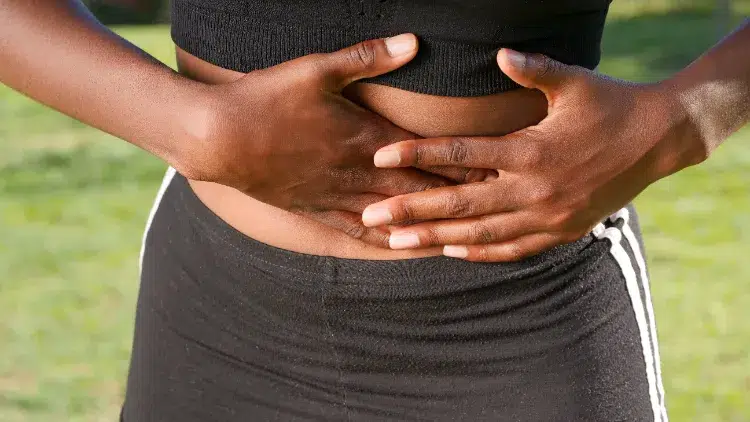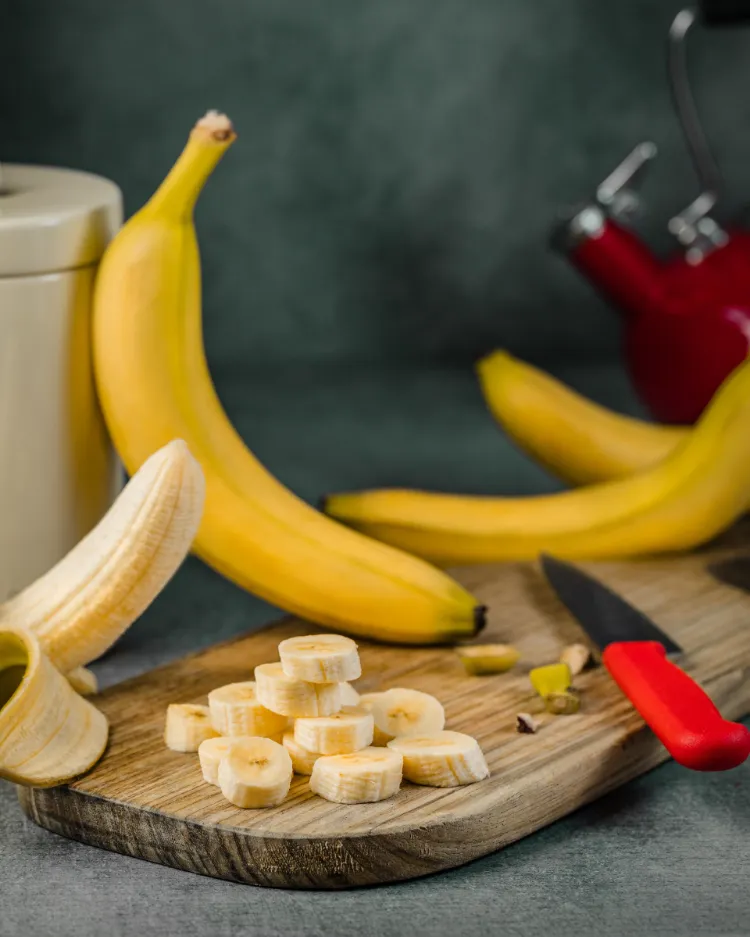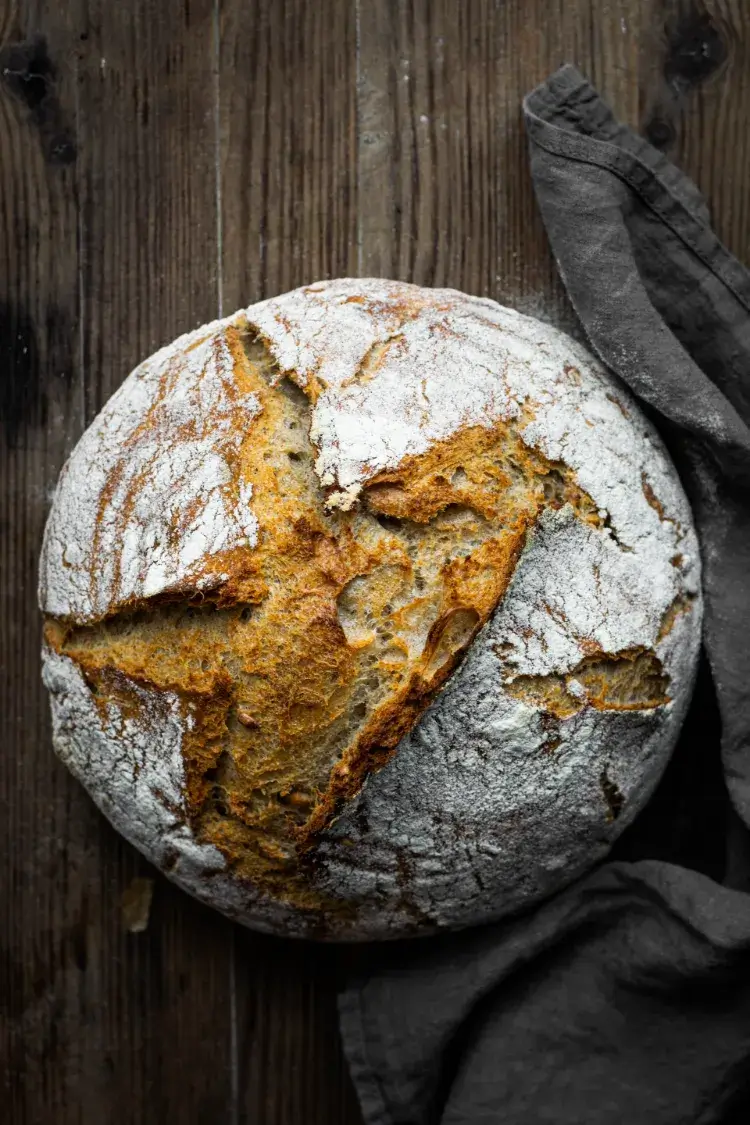If you frequently suffer from an upset stomach, most foods are probably unbearable for you to consume. You may have come to the conclusion that fasting is the only solution to this exhausting pain. While it’s indeed helpful, if do it too often you will notice a drastic decline in your energy, as well as your immune system – and we don’t want that! So the big question in place is “What to eat when you have a stomach ache… and what to avoid”? Let’s find out!
What to Eat When You Have a Stomach Ache?

Kindel Media / Pexels
The first thing you need to be aware of is what exactly is causing your stomach ache, as this is a very broad term. Are you dealing with constipation, bloating, menstrual cramps, nausea, heartburn, or diarrhea? If it is any of those, which foods should you consume and avoid?
What Foods Can Help Relieve Constipation?

wayhomestudio / Freepik
Constipation is surely a frustrating problem that can cause painful stomach aches. In most cases, it goes hand in hand with bloating and gas, which puts extra pressure on your abdomen. Foods rich in fiber can help you deal with the unpleasant symptoms and even aid your constipation. Try eating the following:
- Vegetables, salads, green beans, carrots and broccoli.
- Fruits – cherries, red or black berries, apples, pears.
- Prune juice, quinoa, and whole grains such as rolled oats, whole-wheat bread, and cereal.
Read also: How to Get Rid Of Bloating Quickly? What Causes It and Tips for Self-Treatment
What to Eat When You Have Diarrhea?

Eiliv Aceron / Unsplash
When you’re struggling with diarrhea, you should include in your diet foods that are easy to digest and are gentle on your gastrointestinal tract. Such foods include:
- Bananas that are not fully ripe
- White rice
- Boiled potatoes
- Apple compote
- Carrot soup with water and salt only
Of course, adjusting your diet is only a small part of dealing with the problem. If you continue to be unable to go to the bathroom for longer than 2–3 days, you should consult with a doctor. In case of stomach aches and liquid stools, you should avoid fatty foods, spices, alcohol, caffeine, dairy products, and sugar.
Should I Eat if I Feel nauseous and Want to Vomit?

Monika Grabkowska / Unsplash
Eating when you feel nauseous can feel almost impossible. If the symptoms of nausea and vomiting are not caused by motion sickness or pregnancy, you must pay a visit to your GP. In the meantime, you should give your digestive system a complete rest and instead focus on hydration with electrolyte drinks.
If you’re starting to feel exhausted from the lack of food, you can have a small portion of baked potatoes or rice. Research shows that ginger is also highly effective against sickness and vomiting in pregnant women.
What to Eat When You Have Period Cramps?

ndrea Piacquadio / Pexels
Menstrual, or period cramps are characterized by sharp pains in the abdominal area shortly before or during menstruation, which affect almost 50% of the female population. They are not directly influenced by our diet, however, there are certain foods that can help ease some of the symptoms. A high-fiber, low-fat diet can reduce inflammation and estrogen levels, which will help minimize the cramps. Some foods you can try are:
- Beans
- Fruit
- Products rich in psyllium husk
- Plum juice
- Fresh vegetables
- Whole grains
Read also: How to Do At Home Lymphatic Drainage Massage for a Full Detox of Your Body!
